Scientists have found a sleep switch in the mouse brain
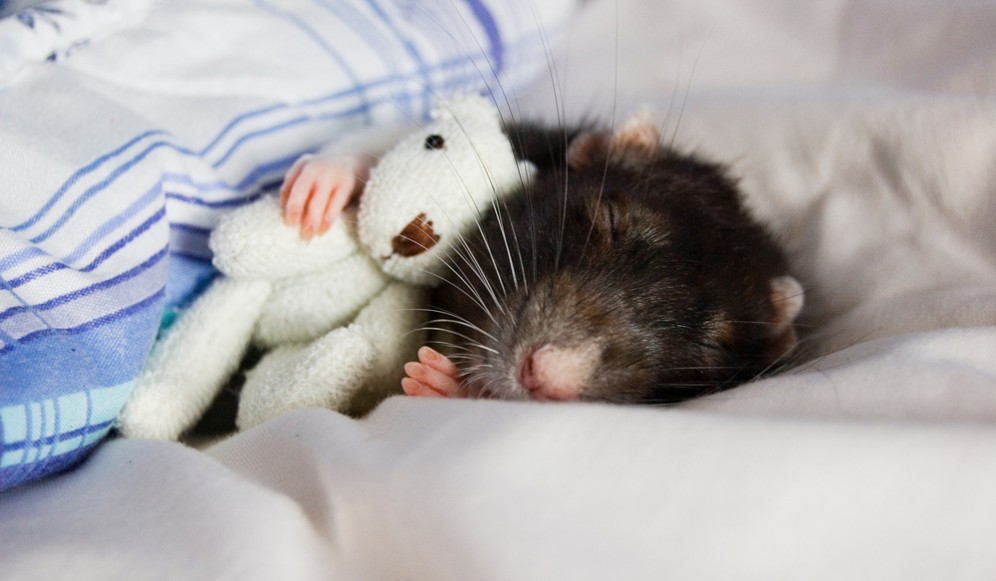 Source:
Source:
Biologists have studied sleep for over a hundred years. With time up began to surface interesting details: the sleep deprivation, as we now know, can lead to death. The carotid pressure, the need for sleep increases the longer we are awake. As humans and other mammals, sleep is visible in the readings of brain activity. Gradually a buzzing on the line, the EEG begins to form a series of breaks, the so-called sleep spindles, which are brightly lit monitors sleep laboratories.
But even with all these careful observations of molecular machines behind our night departure from consciousness, remain among the most profound mysteries in modern biology. "At the mechanistic level we do not know what makes us want to sleep," says Amit Segal, chronobiology from the University of Pennsylvania, conducting sleep studies on fruit flies. Biologists were forced to mutate thousands of laboratory organisms, like flies, looking for those those who have abnormalities in the circuits of sleep and studied their genes. Also studied people with sleep disorders. The idea is that if we can determine which genes are broken is what causes people to fall asleep over the table making flies too sleepy to produce offspring, we come closer to understanding why we want to sleep and what is dream at the molecular level.
And now a group of scientists from Japan and Texas, announced the first results of a powerful experiment, which takes the same approach, but involving mice, on an unprecedented scale. For several years scientists have conducted gene mutations thousand mice, plug them into the wave monitor cord and watched them sleep. In a recent article in Nature, scientists have uncovered two genes that may participate in the biological machine sleep. The first was found in mice who had more sleep than usual. Another found in mice that spend less dream sleep (the phase of rapid eye movement, REM). These results put the researchers sleep new goals and contribute to a growing wave of research in identifying the molecular basis of sleep.
The Idea of this experiment appeared in 2007, says Masashi Yanagisawa. At that time, the biologist worked at southwestern medical center the University of Texas. He did a sleep study in ten years before, when together with his colleagues started the hunt for interesting neurotransmitters, by identifying the protein, which was associated with narcolepsy. Patients with narcolepsy can suddenly go into a phase of rapid eye movement (sleep), even if we were laughing or sitting in chat. Studies with the participation of the rodents that lacked this protein, and a colony of narcoleptic dogs at Stanford, as well as human studies soon revealed the role of protein. The so-called orexin helps people stay awake but isn't the whole story. Scientists have discovered the neurons responsible for anxiety and sedation. Yanagisawa was getting more and more wanted to crack the black box of sleep.
Not long ago, biologists began to study thousands of mutant flies in search of genes of sleep. For flies that are in constant motion when awake, scientists define "sleep" as the periods of inactivity. But the gold standard for studying human sleep is electroencephalography, or EEG, allows you to monitor the stage of sleep by measuring brain activity. It would be interesting to try this method with mice, I thought Yanagisawa. Yes, their breeding and maintenance would be more expensive than flies, but they could put implants for monitoring EEG. And mice are evolutionarily closer to humans. Therefore, the scientist has joined forces with Joseph Takanashi of southwestern University, a specialist in deep studies of mice.
They decided that They will be able to create a weekly 30-40 mutant mice, implanted monitors brain activity in their heads and see how long they sleep and how long time spend in each sleep phase. This study generated the same data as the studies on humans. Mice with abnormalities can be identified on the basis of brain activity and then sift through the genomes in search of is responsible for deviation of genes.
The Pilot phase began with several hundred animals. "Each mouse can be a treasure," says Yanagisawa. "You just had to figure out which of them." They pretty soon found the mouse with sleep disorders. And in 2009, Yanagisawa got a huge grant from the government of Japan for sleep study. Grant was so large that allowed him to create a center at the University of Tsukuba in Japan to continue monitoring on a large scale. "Now we do up to 100 mice per week," says Yanagisawa.
In the work of Nature presents the results of a survey of 8000 mice. For many years, as Segal and others, they heard something new about the progress of this group. However, gene names are always kept in strict confidence. Segal recalls a meeting at which a researcher from the laboratory Yanagisawa podrachivaya asked the audience: "Ask what I would like to know?". The crowd roared in response: "What are genes?".
"So I was very pleased to see the work," with a laugh, says Segal, "and finally find out that it was in the genes."
The First gene, which described a team of scientists creates a protein called SIK3. Mouse with a mutant gene SIK3 spend less time in the awake state every day they slept 30% more than other mice. SKI3 is an enzyme that uses cellular batteries — storage molecule of energy called ATP to activate other proteins. When scientists investigated the nature of this mutation, they found that she had removed the switch SIK3. Mutation SIK3 locked in the "on"position.
Another gene found in mice that spent less time in the sleep phase of rapid eye movements, accidentally falling and dropping out of this condition, which usually lasted for a predictable period of time. A mutation in the NALCN protein, which acts as a channel in the cell walls of neurons. This protein allows ions to break through them. Specifically, this mouse mutation could cause neural activity, which is too early withdrawal of the animal from the phase of rapid eye movement.
Identification of genes associated with sleep, will not lead to immediate answers. Sleep is so important for survival that the ancestors of every sleeping creature, which is living today, risk death in order to do it daily. This means that each of us in the body there are many ways to induce sleep. Mechanisms should be plenty to make it difficult to violate the random gene mutation or something else, to exclude the possibility of the whole dream. Mutant fly that is born with a severe pathology of sleep, over generations to produce more and more need for sleep, says Segal. This may present an inconvenience for the scientists, but at the same time indicates the reliability of the sleep mechanism. And most of the genes associated with sleep, which are found in the last ten years, had a lot of appointments. "There is no separate "gene of sleep," says Divya, Sitaraman, sleep researcher from the University of San Diego. "There are genes for basic functions, which can also impact sleep."
In the new work is a great example. SIK3 appeared to be shown not only in the brain. For many years, scientists have found that it is used all over the body. It is associated with metabolic problems that can lead to drowsiness of the body, says Tom Scammell, a physician and researcher of sleep at Harvard medical school. Medical research mice may help to identify whether the drowsiness with the influence SKI3 a dream, or perhaps with damage to the liver or kidneys.
However, as work on animal models continues to reveal more and more associated with sleep genes in humans, this set requires a much more serious approach. Scientists plucked thousands of people depending on the time they sleep, study their genes, to identify in between any connections and patterns. But research does not bring significant results.
While that was revealed not so many associations with genes, says Rick Saxena, a geneticist from Harvard school of medicine. This is due, most likely, with an excess of enforcement mechanisms for sleep — does not exist or is not found specifically expressed genes, the influence of which you can identify against the background.
However, it is absolutely normal for a relatively new area of research. Yes, dreams explore for a long time, but until recently, these studies were very descriptive. Now these studies are more mechanical. Meanwhile, Yanagisawa and his colleagues continue to monitor the sleeping rodents. And believe me, it's very interesting.
...Recommended
The coronavirus has mutated into 30 new strains
While coronavirus Apocalypse slowly but inevitably becomes routine, the virus SARS-CoV-2 continues to evolve. And, unfortunately, he was good at it. Writes , with reference to the South China Morning Post reports that new studies show that the virus ...
In the United States recognized that the ventilator dies 88% of patients with coronavirus
When the world is raging coronavirus that causes pneumonia and kills people, the only solution is intensive care. If this is not done, the victims will be very much. Today for severe patients there is only one solution — connected to the appara...
Can a transfusion of blood plasma to cure the coronavirus?
Typically, vaccination involves the introduction into the organism of the weakened or killed microorganisms (viruses) designed to create a strong immunity to possible future infectious diseases — that is, for selection of antibodies. But what i...
Related News
The first pregnancy test was strange but accurate
well, to be fair, we had a long way to the two strips. When a woman is on toilet seat with knees apart and hand tucked down, she often wonders: how did I get here? No, not because she pees on the stick — it usually knows why and h...
The malaria vaccine successfully passed clinical trials
Mosquitoes remain the primary vector of malaria. According to the world health organization every year malaria sick from 124 to 283 million people, of which 755 thousand cases are fatal. And as soon as the scholars tried with the ...
Russian scientists have slowed the aging of cells using the sleep hormone
anti-aging is one of the leading places in cosmetology and medicine. And if to correct symptoms of aging is not difficult, to slow down the process «inside» at times more difficult. And according to the journal Biochimic...
Created by a prosthesis controlled by signals of nerves in the spinal cord
Scientists from Imperial College London have developed that interprets the signals of the nerve endings of the spinal cord and turns them into movements of the prosthetic hand. To lead hand in motion, a person only need to think a...
Chocolate tablet save you from dementia, heart attack and stroke
Long known that the disease is easier to prevent than to treat. Diagnostic and preventive medicine in the world pays a lot of attention. And in the prevention of diseases, a role played by proper nutrition. Often unusual useful pr...
Created a subcutaneous implant is a neuromodulator, which will save you from obesity
the Extra weight gives people a lot of problems. In addition to the purely aesthetic, obesity leads to increased risk of a number of diseases. That is why the fight against this condition is actively conducted worldwide. Undoubted...
Found a way to detect lung cancer in exhaled air
Diagnostic medicine and prevention is perhaps one of the most important areas. After all, any disease is much better to treatment if detected early. This is especially true of such terrible diseases as cancer. But there is one pro...
AI is as effective in diagnosing skin cancer, like a real dermatologist
New artificial intelligence system is able to determine the visible signs of skin cancer with the same accuracy with which it is done by real doctors. The next step, according to experts, who developed this system, is its integrat...
Fish discovered genes that ensure their resistance to cancer
American scientists have made a very important discovery. They were able to identify specific genes that are directly associated with high resistance to cartilaginous fishes of the class Chondrichthyes, which includes about 1207 s...
Scientists have created the first viable embryo hybrid of man and pig
just yesterday, that the Japanese scientists were able to grow pancreas of the mouse in the body of a rat that has brought science one step closer to growing human organs in animals. And that's another win for the researcher...
Scientists were able to overcome the fear of death by virtual reality
Thanatophobia is a pathological fear , which is quite common among people. If you think about it, it seems to be a fear of death – quite a rational fear, as it can be described as a part of the survival instinct. But in fact such ...
Created a cooling mask for the face, which will make extractions painless
Many people are afraid of dentists. Despite the abundance of drugs for anesthesia, even the most strong-spirited one, the sound of a drill can cause anxiety and fear. There is a group of people who for whatever reason can not use ...


















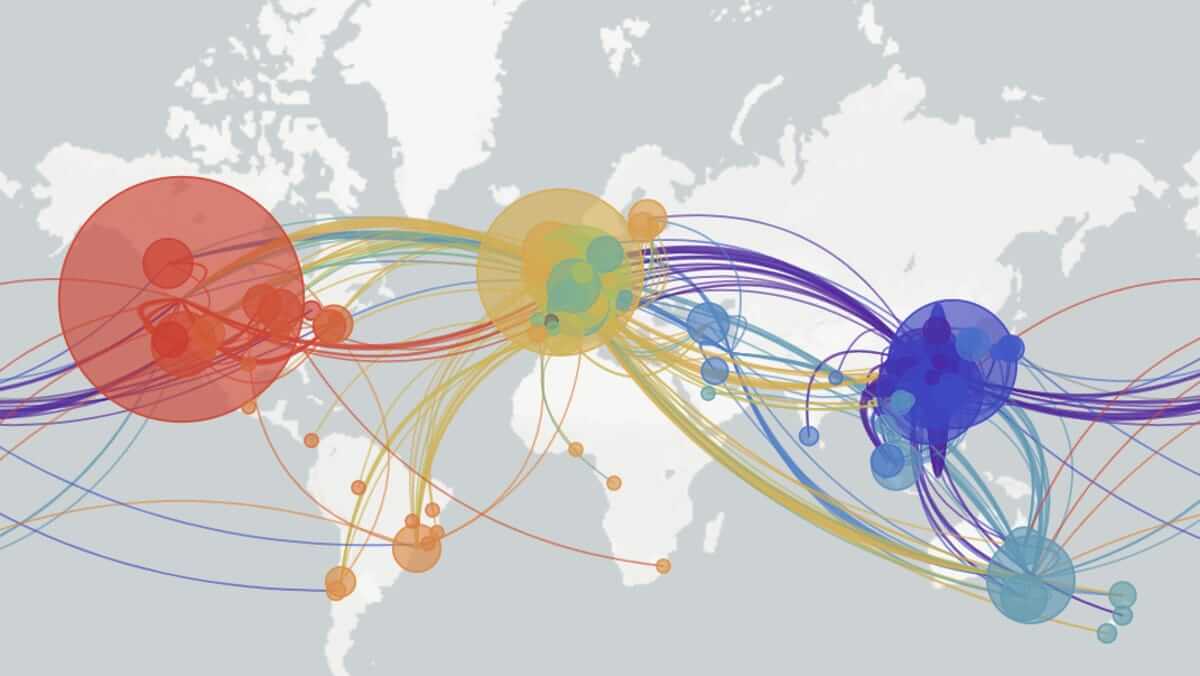
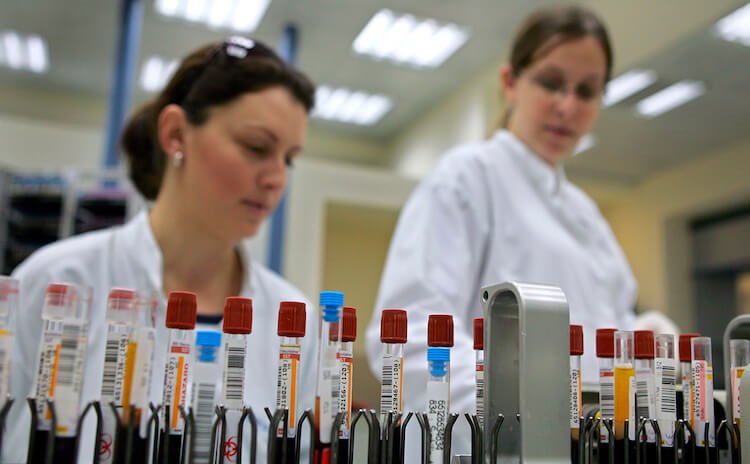
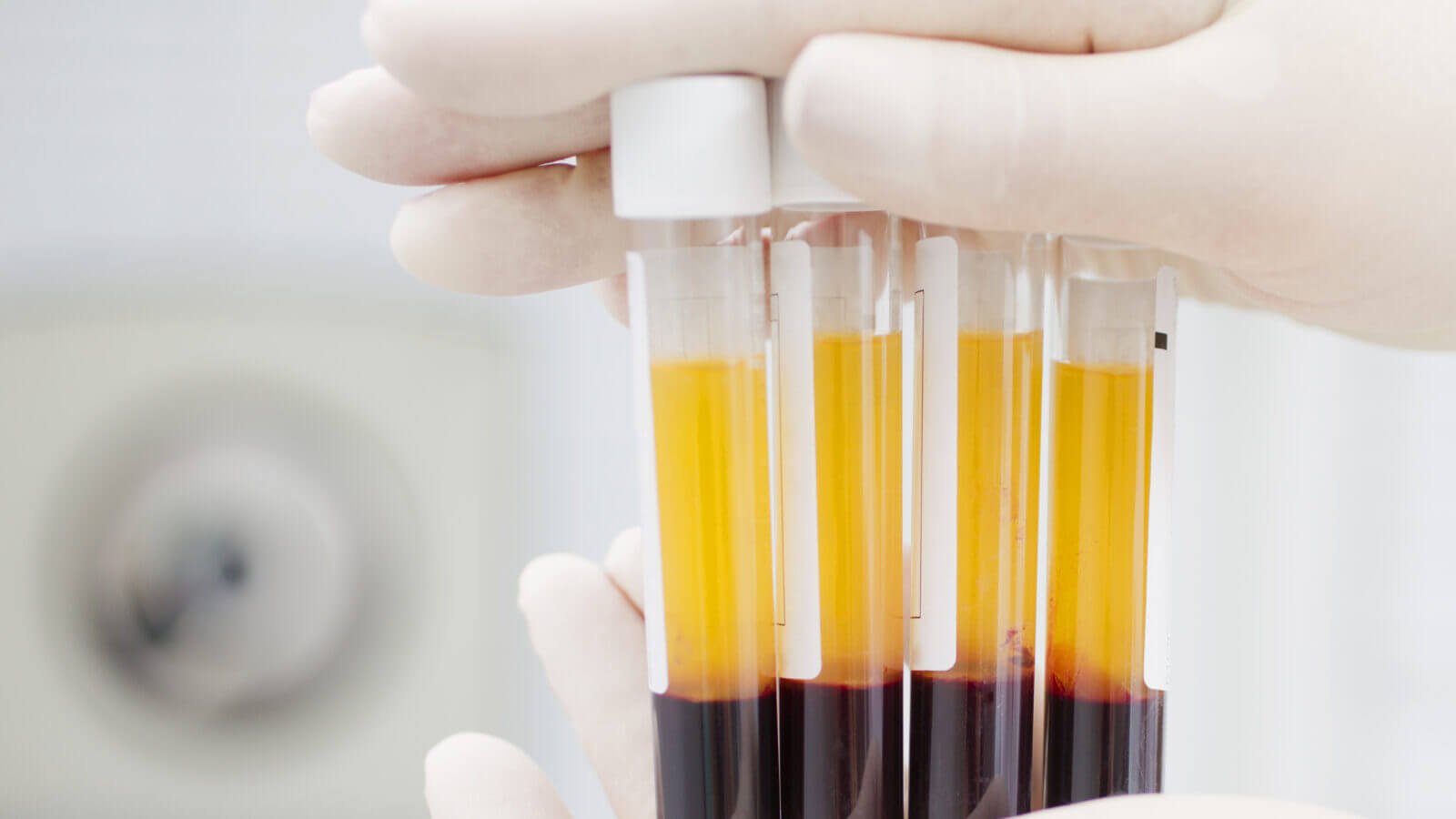
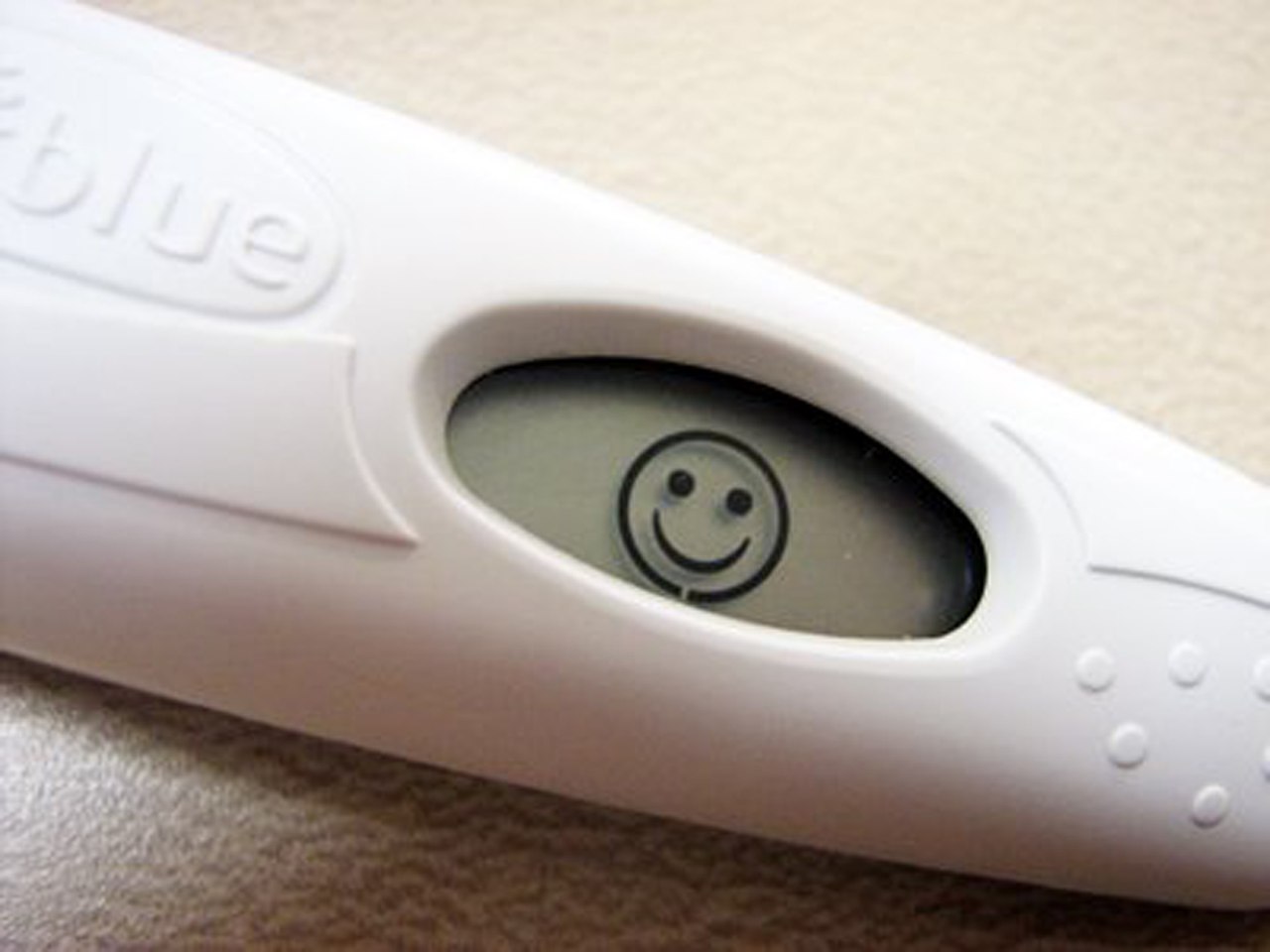
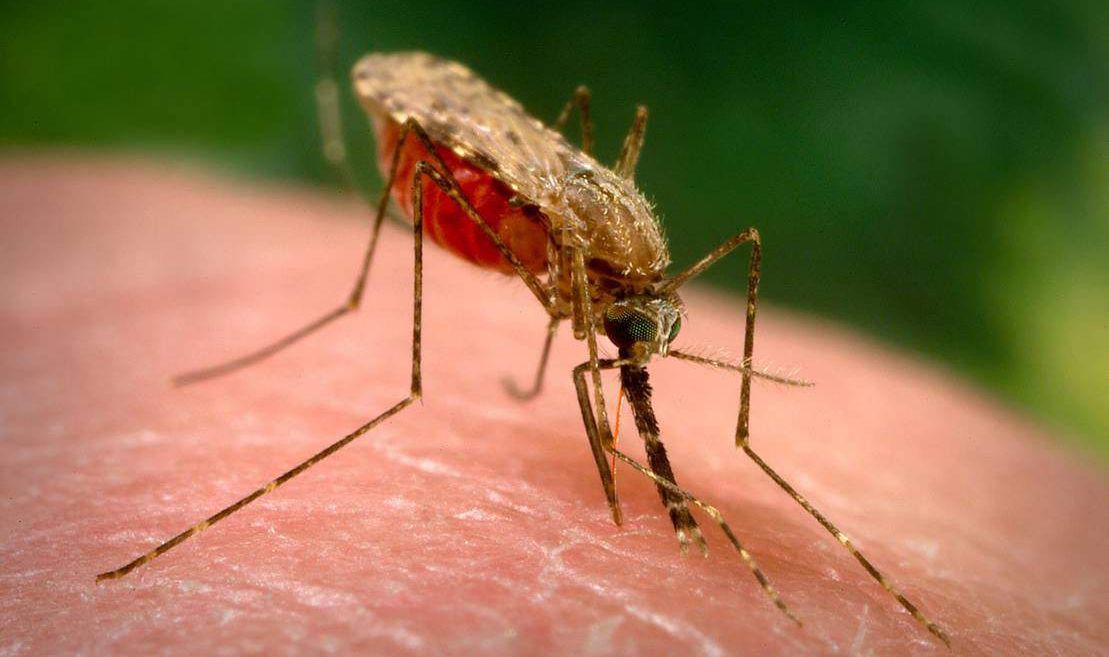
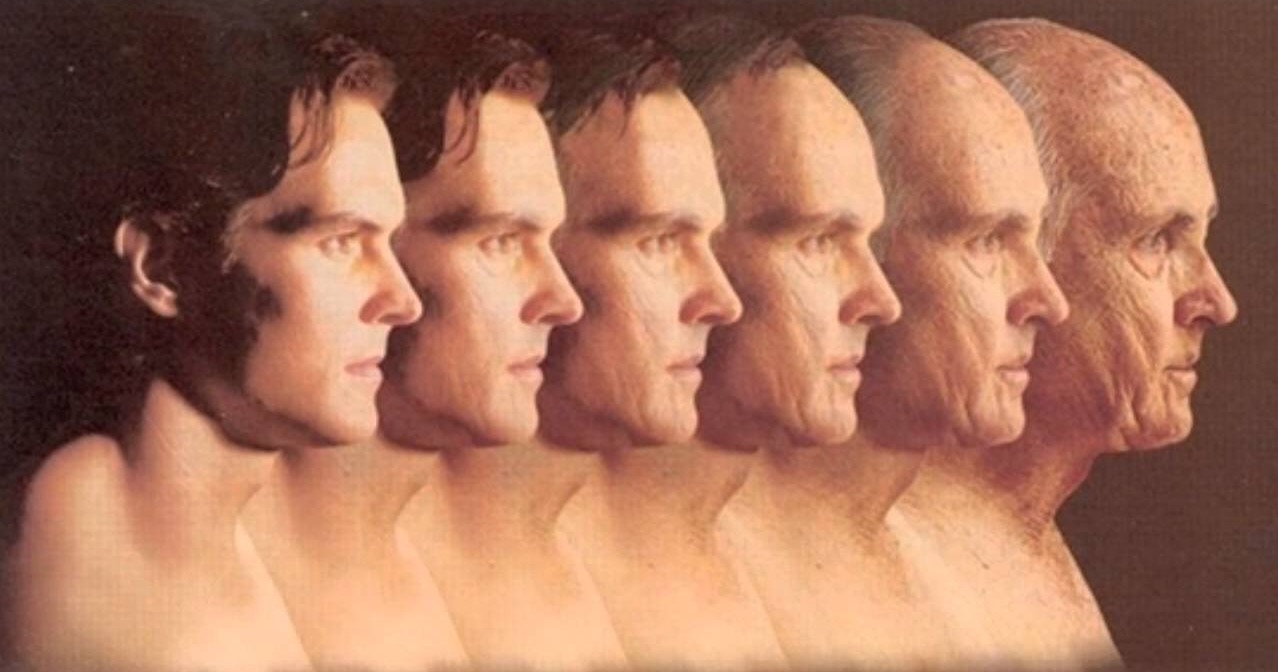
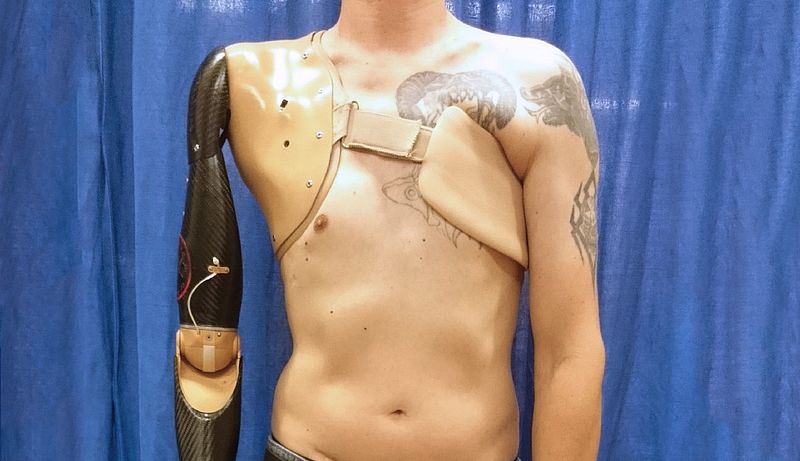

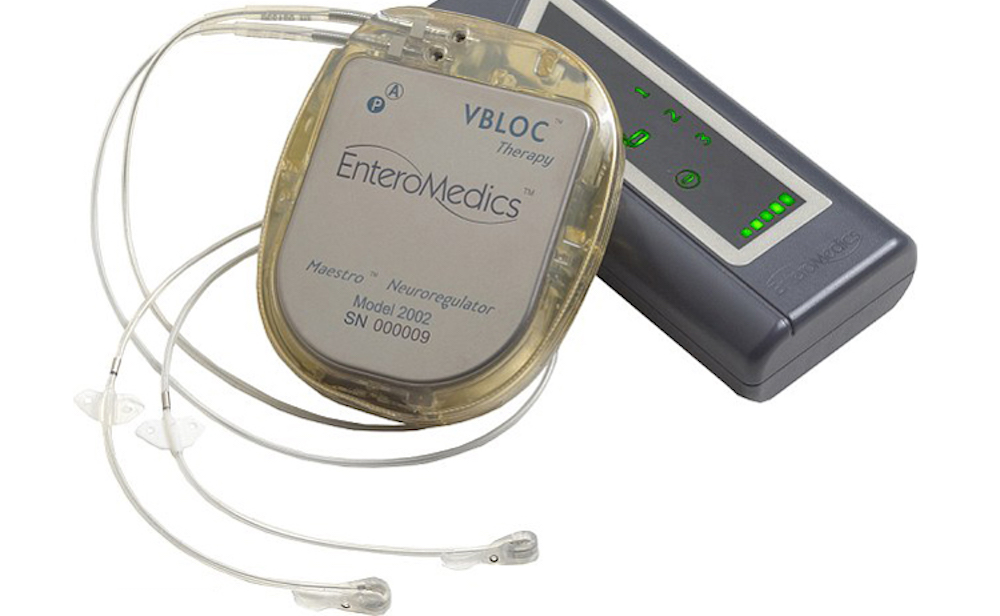
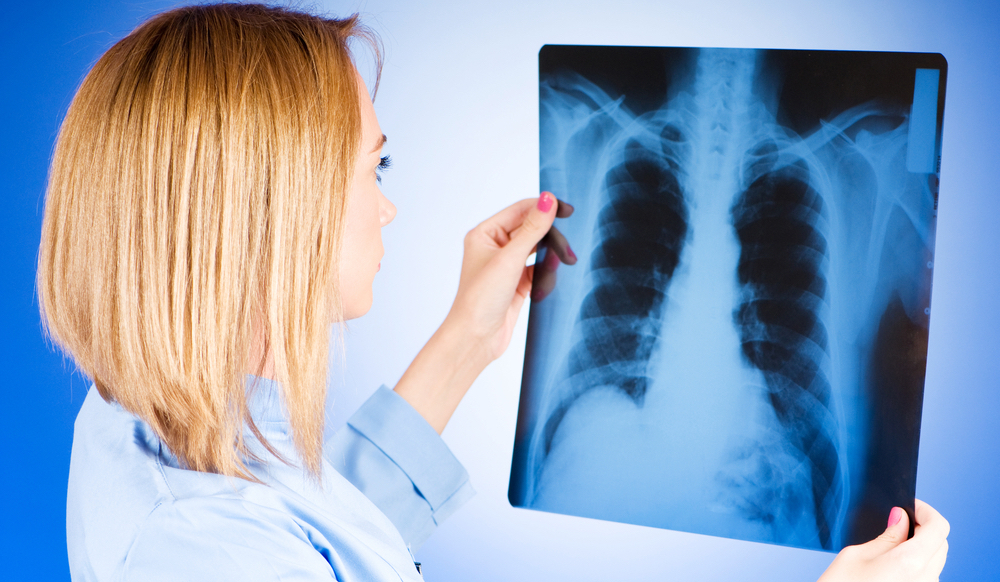
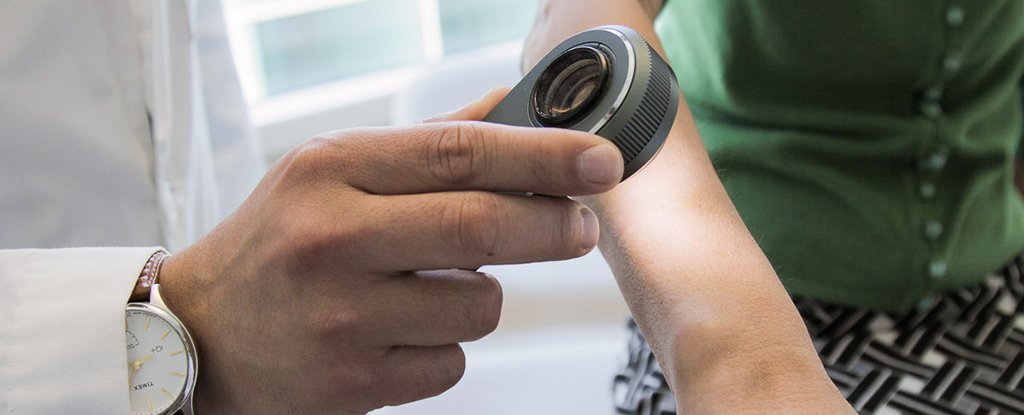
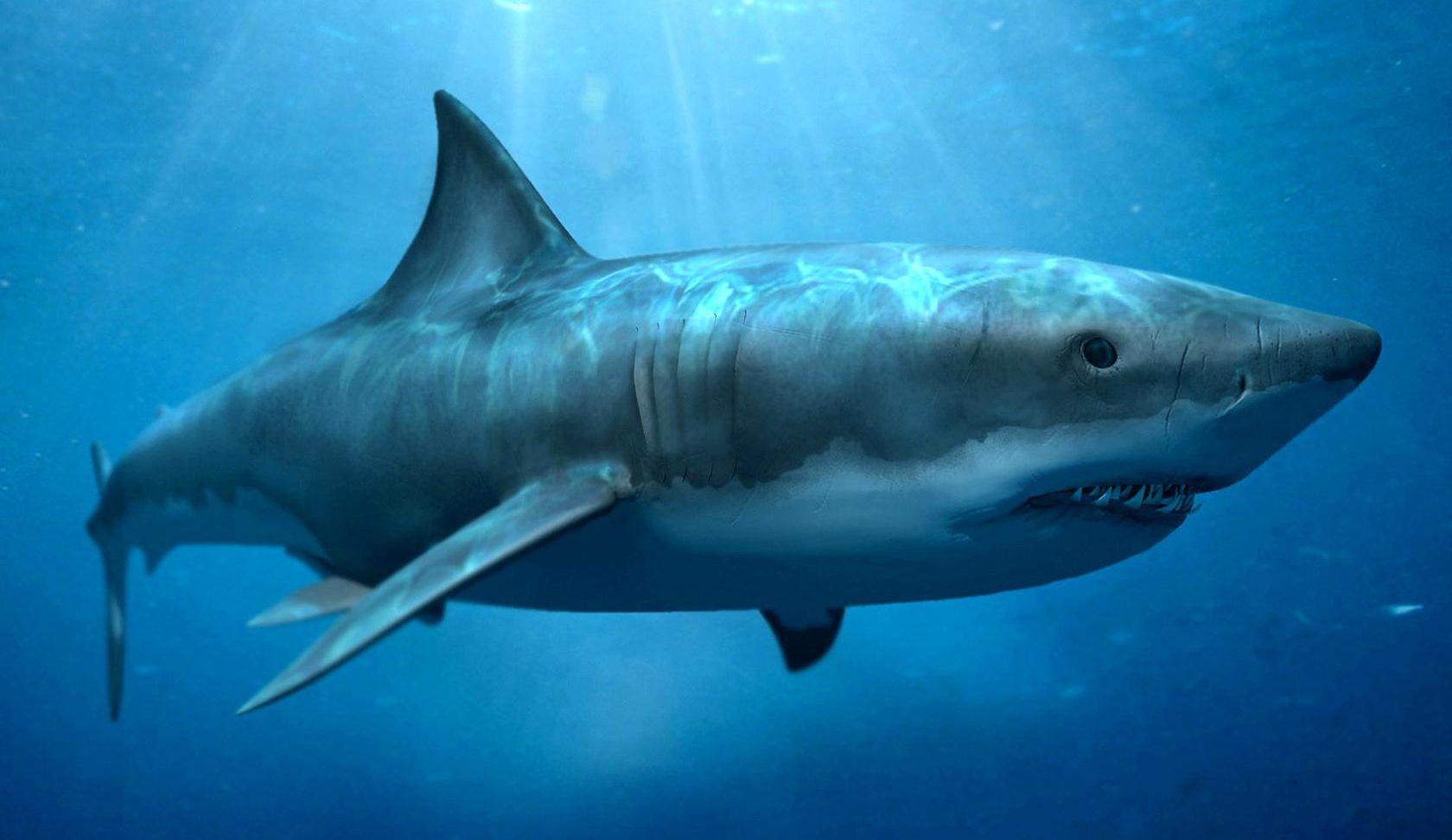
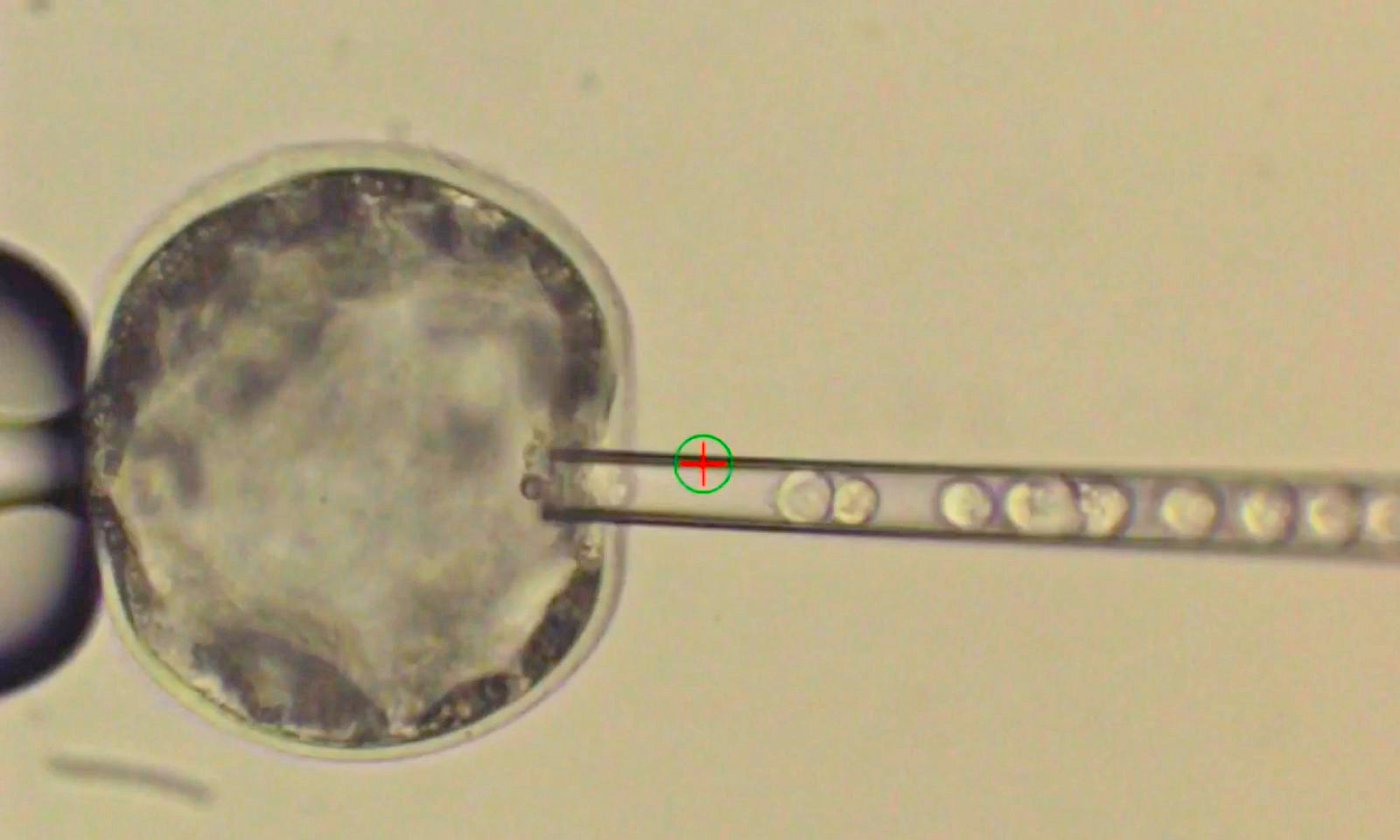
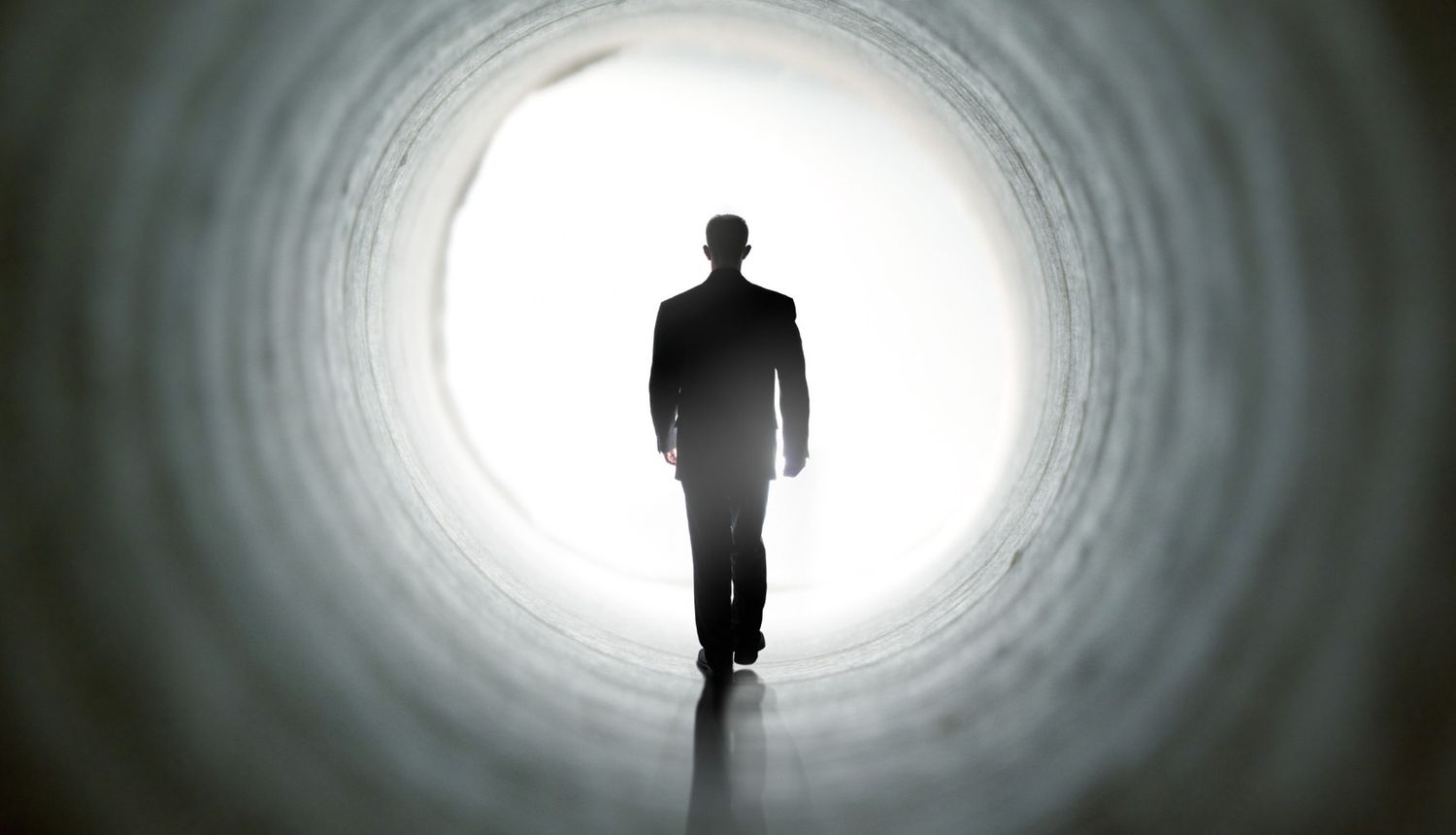
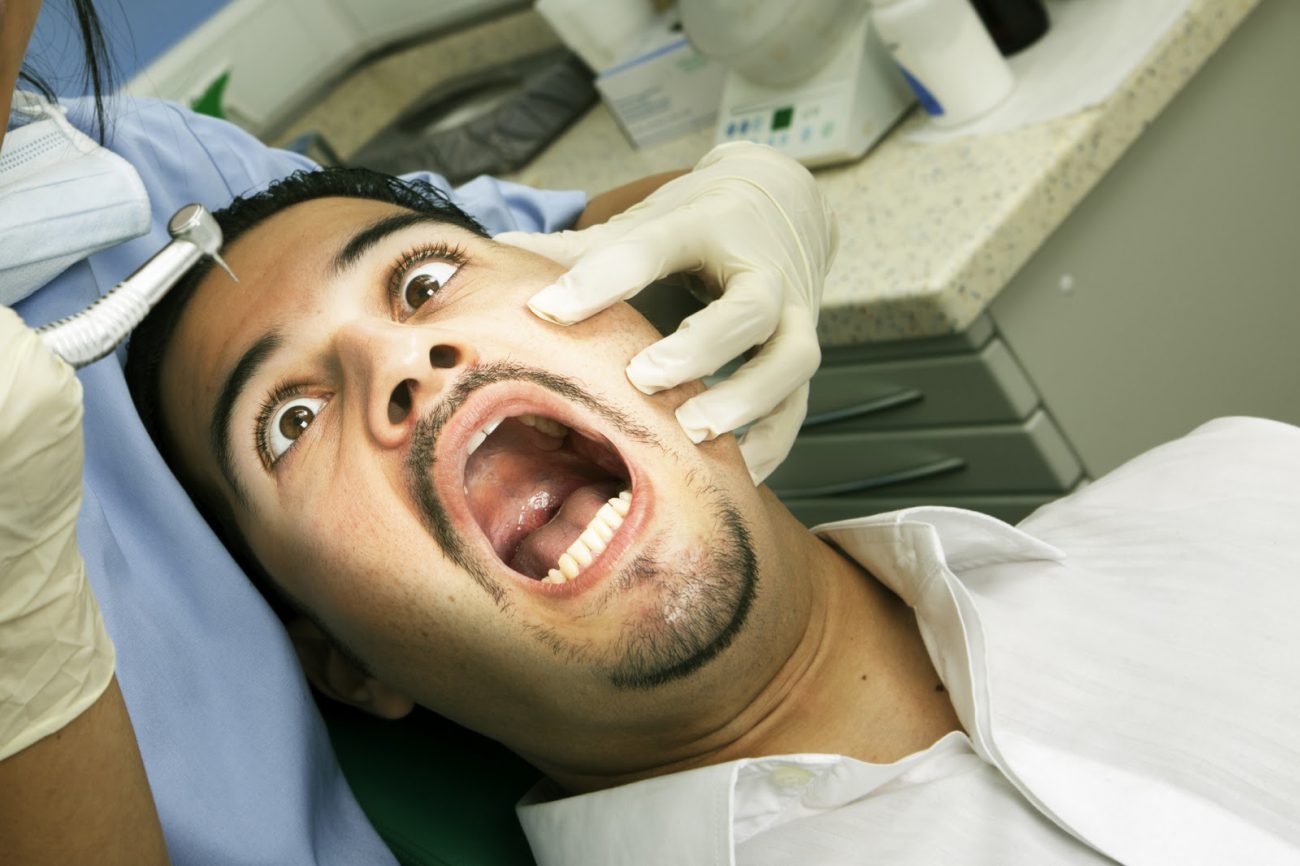
Comments (0)
This article has no comment, be the first!